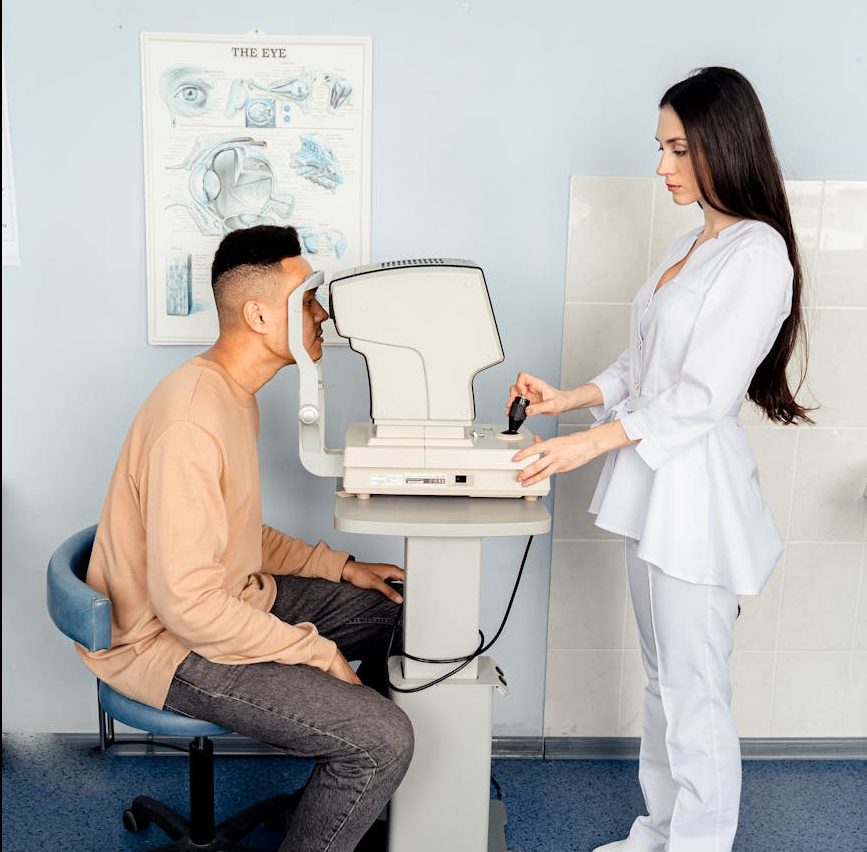
You’ve probably wondered what life would feel like without glasses
Maybe you’ve worn them for years. Maybe since childhood. Maybe only recently. Still, you know the routine. The fog on cold mornings. The smudge you didn’t notice until someone pointed it out. The way your face changes behind frames. The way your pillow always catches one side. And sometimes, when your eyes are tired, you wonder—what if?
The thought stays with you longer than you expect
It starts small. A passing comment. A photo you didn’t like. A pair of sunglasses you didn’t wear. But the thought comes back. It lingers. You catch yourself researching at midnight. “LASIK near me.” “Laser eye surgery risks.” You scroll. You stop. You wonder. Not because you’re impulsive—but because something inside you is ready to imagine another version of daily life.
It’s not just about seeing better—it’s about seeing differently
You think of sharpness. But also softness. Not reaching for glasses before you even stretch. Not planning vacations around contact lens cases. You think of wind. Water. Rain. Freedom. But also doubt. What if it goes wrong? What if it doesn’t last? What if you miss the glasses you said you hated? The questions keep you company while you wait for clarity.
Your prescription matters more than you realized
It’s not just how bad your vision is. It’s how stable it’s been. How long since it changed. Some need more correction than LASIK allows. Others qualify, but barely. And some people never ask, so they never know. Your numbers tell a story. The curve of your cornea. The thickness. The dry spots. The light. It’s not about being perfect—it’s about being ready.
Dry eyes might speak louder than your actual vision
Some people live with dry eyes and don’t mention it. Until LASIK becomes an idea. Then they realize—it’s not mild. It’s daily. And laser reshaping can make it worse. Not always. But sometimes. That risk matters. Not to scare—but to prepare. Because the best candidates aren’t the ones with perfect eyes. They’re the ones who ask honest questions early.
Age isn’t a number—it’s a lens
You might be too young if your vision’s still changing. Too old if presbyopia has started. Not disqualified. But different. Over 40? Reading glasses may still come. Under 20? Your prescription might shift. There’s no single rule. Just a shifting window. The right age isn’t exact. It’s personal. It’s about timing—when your eyes feel steady, and so do you.
Expectations can blur the outcome before surgery even begins
Some imagine waking up perfect. No halos. No dryness. No regret. But that’s not always real. Most patients see clearly. But not every side effect leaves quietly. And clarity isn’t just visual—it’s emotional. What do you hope will change? What are you trying to leave behind? What part of your life feels tied to the lenses you want gone? These questions shape more than consent—they shape satisfaction.
Not everyone wants freedom from glasses—and that’s okay
Some people love their glasses. They’re part of their identity. Their aesthetic. Their shield. LASIK isn’t about rejection. It’s about choice. About knowing you can change—and choosing whether you want to. It’s not a test of courage. It’s a question of desire. You don’t need to dislike your glasses to want something else.
LASIK isn’t permanent—but it’s long enough to matter
The effects can last decades. But eyes keep aging. Hormones shift. Lenses stiffen. Some patients return for touch-ups. Others never do. But what LASIK often gives is time. Years without fog. Without drops. Without switching between near and far. And that window, however long, becomes a chapter. Maybe not forever. But freeing enough to change how you live for a while.
The only real way to know is to ask
You can’t self-diagnose eligibility. You need maps of your cornea. Measurements. Imaging. A surgeon who doesn’t rush you. Who answers without selling. Who tells you no if no is better. And you’ll know you’re in the right place when you feel both heard and seen—before you ever see more clearly.
